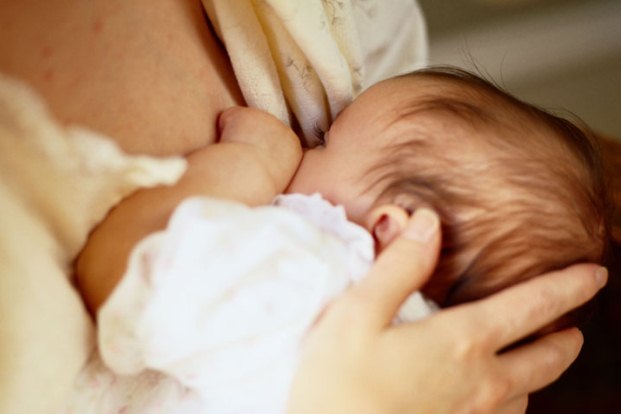Categories
- Bariatric Surgery (11)
- Black Fungus (5)
- Bone Marrow transplant (3)
- Brain Tumor Surgery Navigation Technology (20)
- Cardiac Surgery (66)
- Cardiology (97)
- Computer navigation technology for joint replacements (20)
- Covid Vaccination (17)
- Critical Care (2)
- Dental (19)
- Dermatology (31)
- Dialysis Support Group - “UTSAAH” (11)
- Dietitian (33)
- Emergency Medicine (4)
- Emotional Health (11)
- Endocrinology (33)
- ENT (20)
- Gastroenterology and GI Surgery (53)
- General and Laparoscopic Surgery (21)
- General Surgery (4)
- Gynecology & Obstetrics (183)
- Hematology (20)
- Internal Medicine (294)
- Kidney Transplant (50)
- Kidney Transplantation (20)
- Lung Cancer (8)
- Minimal Invasive Surgery (1)
- Mother & Child (20)
- mucormycosis (5)
- Nephrology (61)
- Neurology (147)
- Neurosurgery (68)
- Nutrition and Dietetics (107)
- Omicron Variant (1)
- Oncology (288)
- Ophthalmology (10)
- Orthopaedics & Joint Replacement (86)
- Paediatrics (59)
- Pediatric Nephrology (3)
- Physiotherapy (5)
- Plastic & Reconstructive Surgery (6)
- Psychiatry and Psychology (90)
- Psychologist (28)
- Pulmonology (72)
- Rheumatology (13)
- Spine Services (21)
- Transradial Angioplasty (16)
- Urology (84)
Query Form
Posted on Apr 19, 2022
Can I Still Breastfeed if My Baby is Premature?
Breastfeeding is great and good for all newborns but it’s even more important if your baby arrives early. You will find artificial formulas and supplements made just for preemies. But they can’t provide the antibodies and other protective factors that are in your breast milk and are so used to a fragile premature infant. Research shows that when mothers of preemies breastfeed the milk they produce is richer in proteins and has slightly different fats than later breast milk. It’s specially designed to help a premature infant through those first difficult weeks.

Premature Babies: Breast Milk Is Best
Preterms need breast milk the most:
Your baby may be in the neonatal intensive care unit (NICU). A baby born before 37 weeks of completed gestation is known as premature or preterm. Premature babies (also called prems or preemies) may need to spend time in a special care baby unit or neonatal intensive care unit for help with breathing, temperature regulation, fluid loss, feeding and more.
Understand your baby:
Most of the reflexes needed for breastfeeding such as extending the tongue to grasp the breast, the rooting reflex, or being able to coordinate sucking, swallowing and breathing may not be fully developed. When your baby is first born, the healthcare team may give them fluids and nutrition through an intravenous. If the baby is extremely premature or has breathing difficulties, the doctors may take a decision that they are mature enough to take milk through a small tube that is passed through the nose into the stomach.
Breast milk is the best option for your baby. All these difficulties can make breastfeeding a premature baby challenging, but breast milk is extremely useful to these tiny babies and breastfeeding is possible from as early as 28 weeks gestation.
- By 28 weeks gestation, a baby will have a strong rooting reflex and will be briefly able to latch on for some sucks, although this may not be very coordinated.
- By 31 weeks, a baby will manage repeated swallowing of milk from the breast.
- By 30-32 weeks babies can coordinate the suck swallow and breathing needed for breastfeeding and
- By 34 weeks a baby can fully breastfeed. By looking after your baby in kangaroo care and carrying your baby in skin-to-skin contact he may learn to breastfeed sooner than these guidelines.



